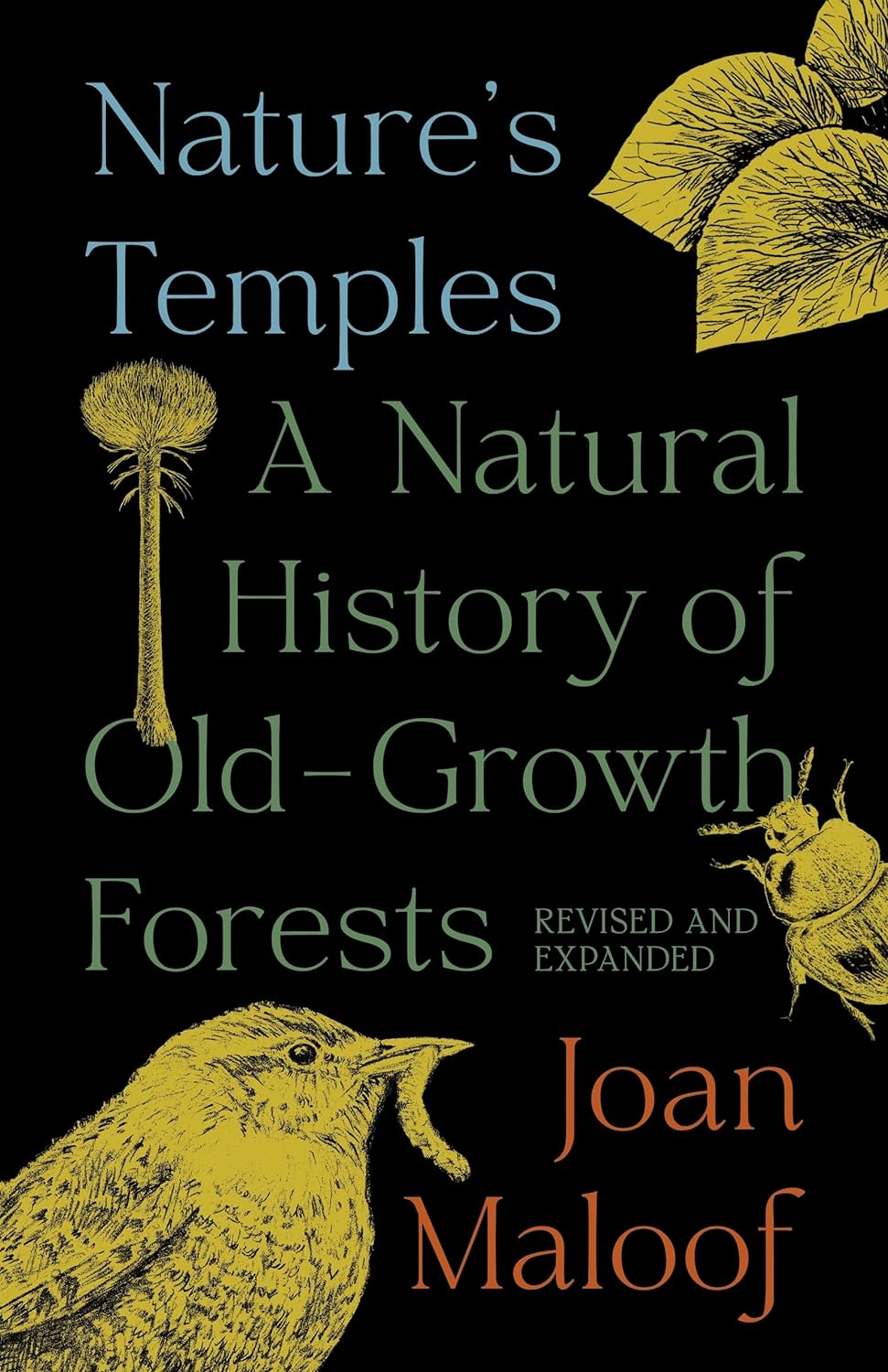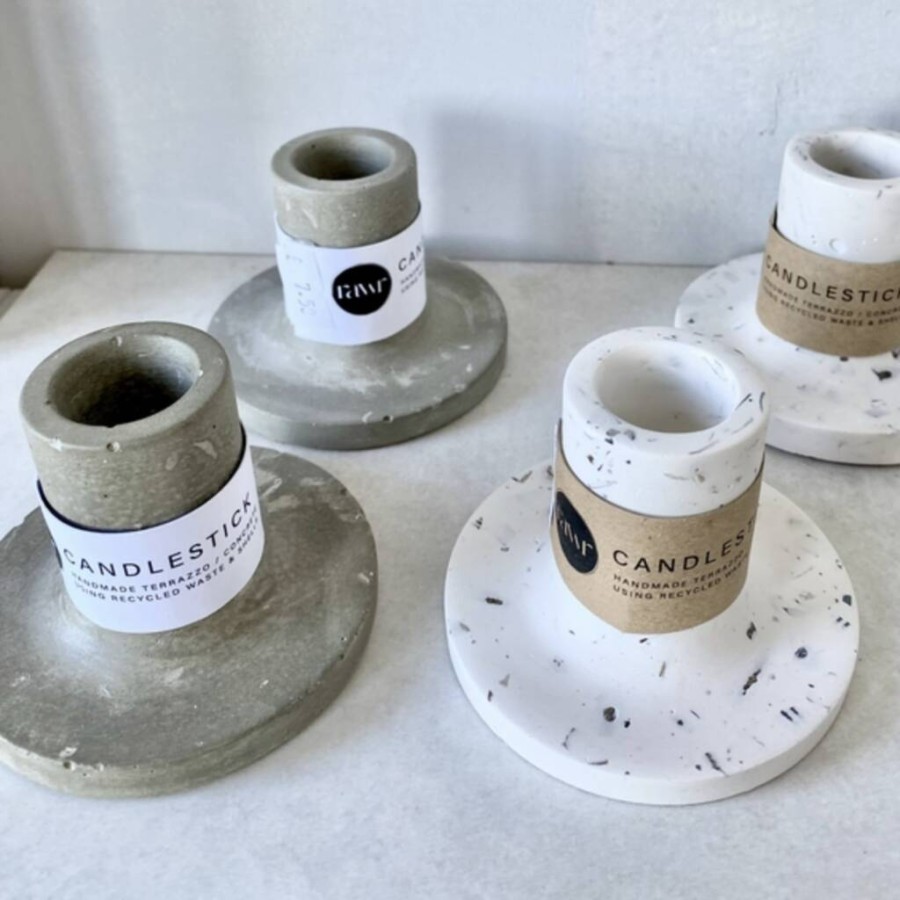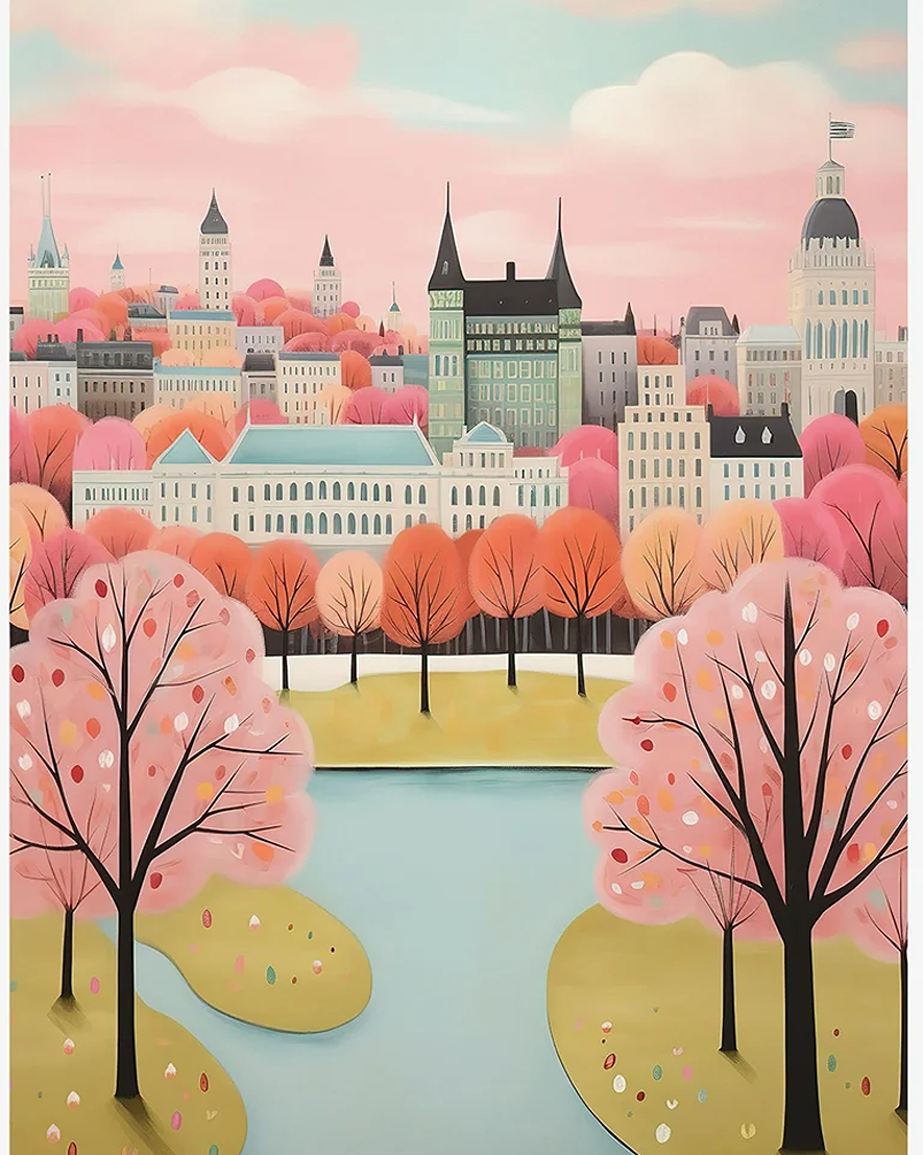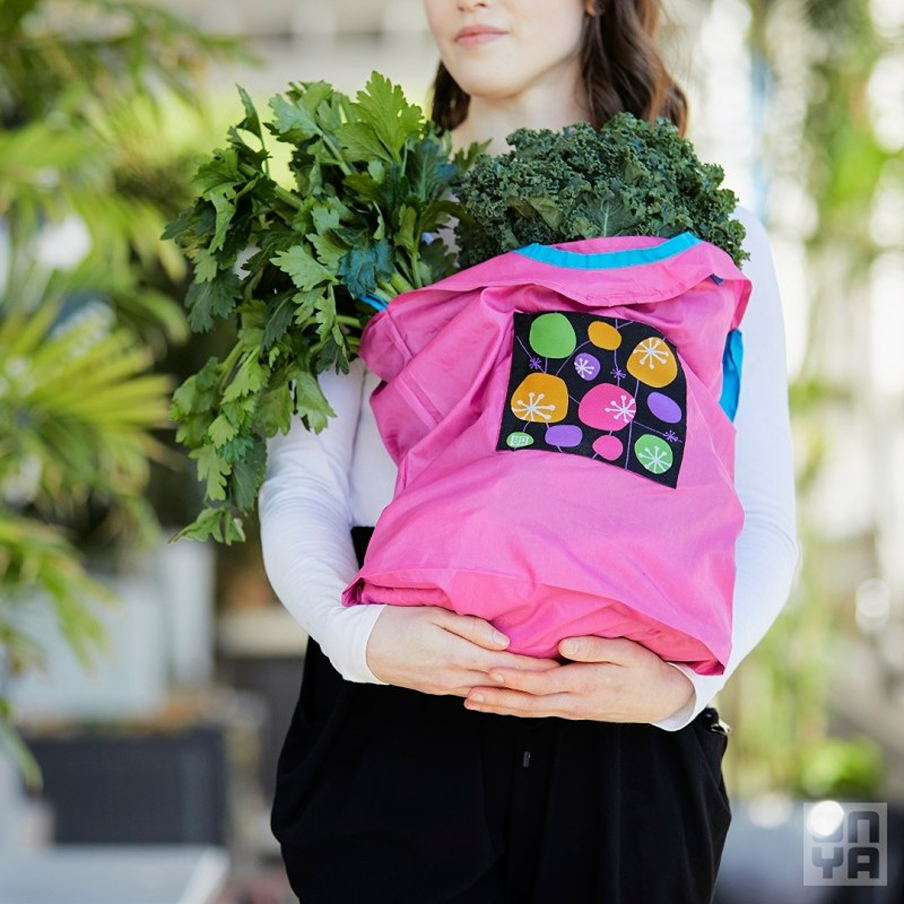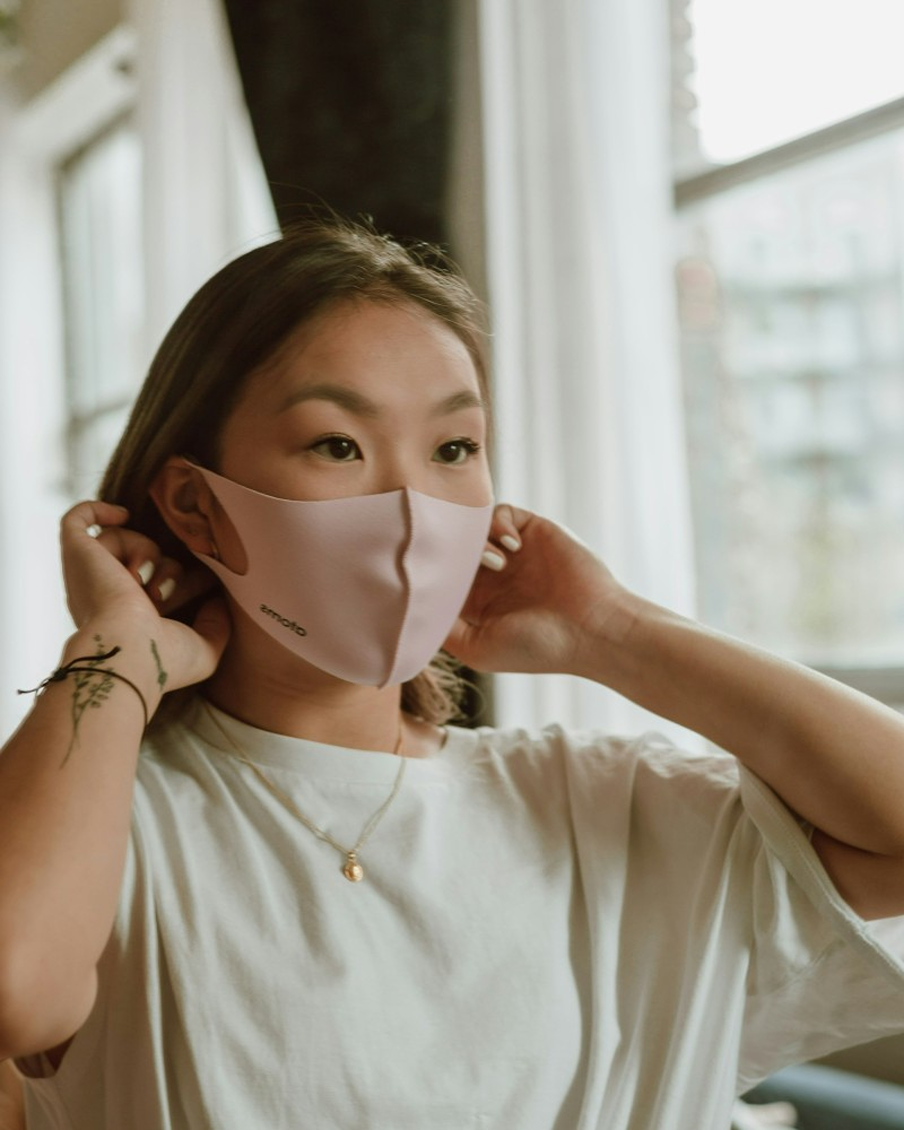
The COVID-19 aftermath will always be with us, and although most of us are now pretty safe, obviously for some people it’s still very important to wear masks (and for us to protect others, in certain situations). And we may have another pandemic, if we don’t learn from the last one. Boston University now believes that (almost certainly), the virus started with a tiny bat inside a remote Chinese cave (believing that eating live bats at wet markets is likely how it’s spread).
People last when they do not eat apples not meant for them. Paul Kingsnorth
If you have to wear a disposable mask for medical reasons, then at least snip the strips before safe disposal, to avoid tangling wildlife (do the same if you find one littered on the ground).
A Which? Best Buy test surprisingly found that Superdrug reusable cotton masks came out near top. They’re 100% cotton and have filter pockets to insert disposable filters (recommended after 5 washes, when efficiency drops from an impressive 85% to a more average 72%). But with three in each cost-effective pack (in many colours) you can’t match this for everyday. Wash synthetic masks in a microplastic catcher.
zero waste (biodegradable) hand sanitisers
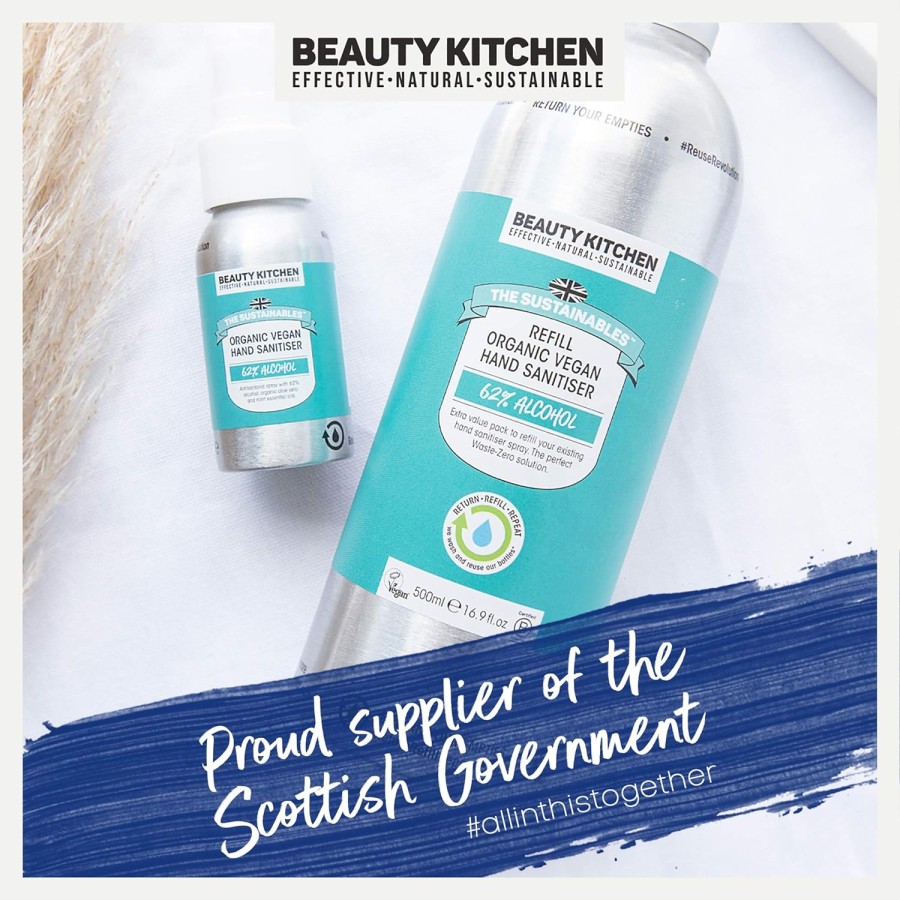
Look for versions with enough alcohol to meet guidelines post-pandemic and again, use unscented hand wash over essential oils for pregnancy/nursing or near babies or pets (who may lick your hands after use). Designed for when you can’t wash your hands (always better), spray sanitisers onto hands and rub together.
Avoid brands with bleach (toxic to all life forms. Bleach is also lethal to children, pets and wildlife (choose unscented items for pregnancy/nursing and affected medical conditions). Keep citrus oils away from pets.
Beauty Kitchen Hand Sanitiser (sold in a metal bottle with refill) has 62% ethanol to sanitise hands immediately, with vegetable glycerine and aloe vera to moisturise. You can return your empty packaging for free using the downloadable freepost label, for a discount on your next purchase.
Green People Quick Clean Hand Foam is for children, but good for anyone. Sold in easy-to-recycle sugar-cane packaging, this features extracts of larch tree and tea tree, and is kind to sensitive skin. 200 uses per pump, with no harsh foaming agents, and a special pump that turns into a fluffy foam. Also use as a handwash, or squirt on a cloth to wipe clean sticky faces, toys and highchairs.
Delphis Eco makes a good commercial anti-bacterial soap, with refills and bulk containers and as dispensers for public spaces and hospitals. Specially formulated to avoid cross-contamination, you can use it following contact with patients, surfaces, animals, food or children.
Bio-D all-purpose sanitiser is made from a blend of plant-based ingredients and scented with real essential oils. Tested to food-grade standard to neutralise nearly all harmful bacteria (including E.coli, Salmonella and MRSA) , this is also effective against coronavirus (EN14476). You can also use it to tackle greasy kitchens. Just spray on all hard surfaces, leave for 60 seconds and wipe off with a clean damp cloth. Sold in recycled plastic bottles that are easy to recycle.
where to recycle empty sanitiser bottles
Terracycle offers a free recycling program (sponsored by industry). Just order a box and place it somewhere within your community (a local shop, school, council office etc). Then everyone can drop off items of beauty packaging they can’t recycle locally. When full, just use the pre-paid label to ship it off, and the items are recycled into other goods like recycled plastic park benches etc.
As well as hand sanitisers, you can send off hand soap bottles, creams and caps, shower & shampoo bottles (with refill pouches) and skincare pots and lids. Try to remove excess products, but you don’t have to clean the bottles before recycling. The program does not accept perfume bottles, aerosol bottles or nail polish bottles (just wrap and bin these).
a book on viruses (and how to stop them)
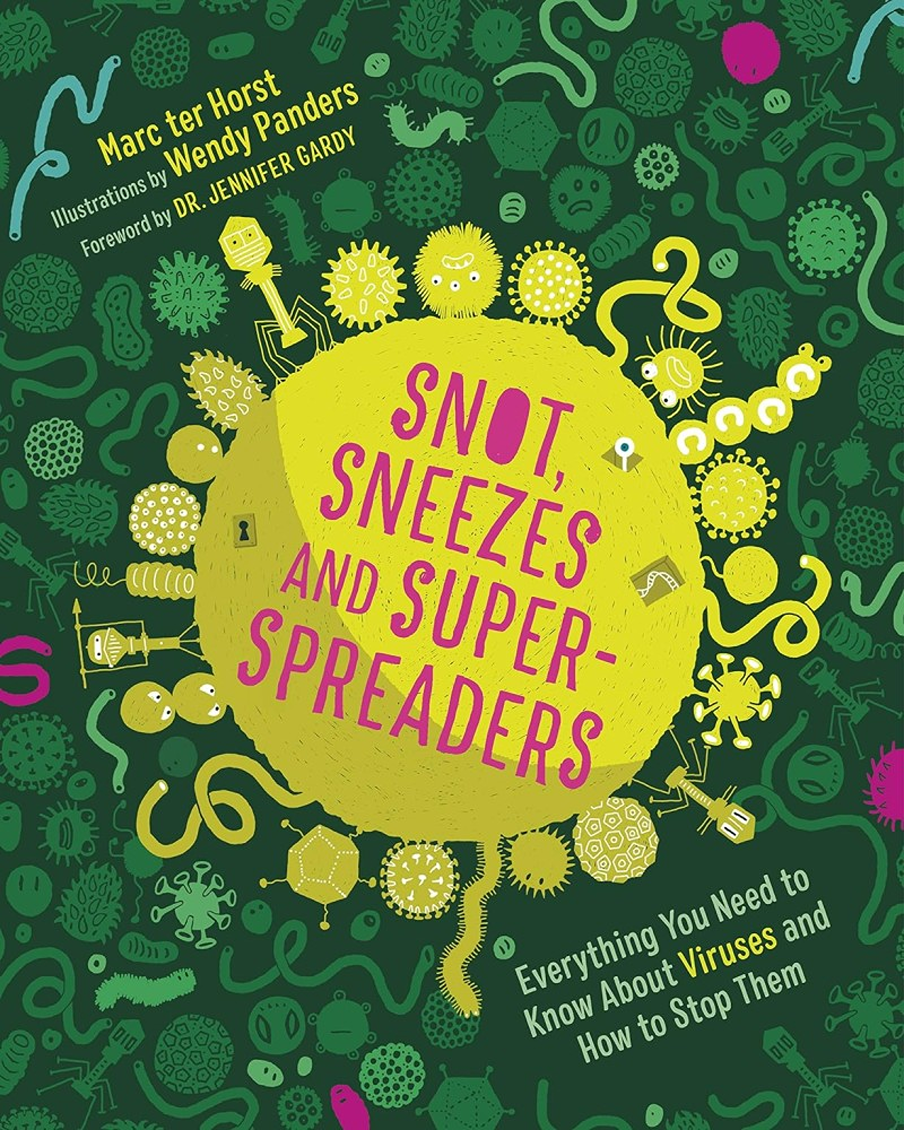
Snot, Sneezes and Super Spreaders does the impossible, and makes learning about viruses fun and interesting. Designed for children age 8 to 12 (but good reading for anyone), how do viruses become so powerful, that they can hold the world in their grip for months at a time? What exactly is a virus, where do they come from, how do they spread and how can be protect ourselves?
If we didn’t know it before, we certainly know after the pandemic that viruses can change the world. Author Marc tackles questions with playfulness, accompanied by quirky enlightening illustrations by Wendy Panders. The book addresses pandemics in an age-appropriate way and offers history of fascinating icky diseases of the past, and how they still hang around today.
Marc ter Horst is a Dutch writer of science books for children. After studying literature, he became interested in geology, astrolomy and evolution and then became an independent copywrighter. He is also author of an entertaining book for children to explain climate change.


